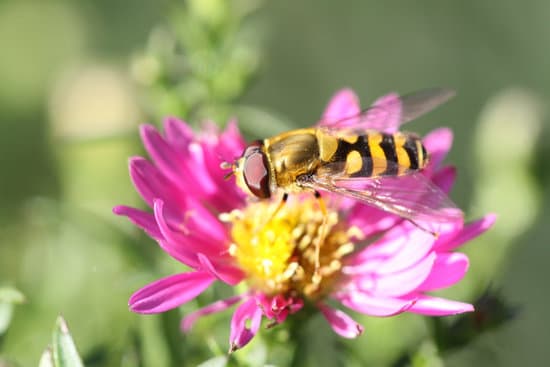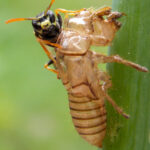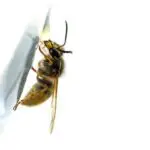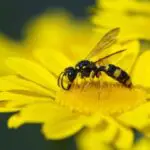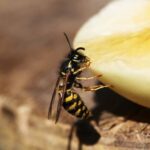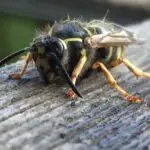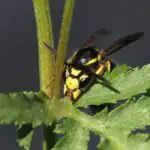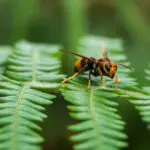How Can Wasps Keep Stinging?
Getting stung by wasps can be a painful experience. The venom within the stinger can irritate the skin and cause itching, redness and swelling. The venom is also used by wasps to paralyze prey.
Symptoms of a wasp sting may include swelling, difficulty breathing and difficulty swallowing. It’s important to treat the sting as soon as possible. Immediately after a sting, wash the sting site with soap and water. Apply a cold compress to reduce the swelling and pain.
If you are experiencing severe symptoms, seek immediate medical attention. If you are allergic to wasp stings, you may need to avoid the area or take medication to reduce your reaction.
Wasps are usually not aggressive towards humans. They only sting when they feel threatened. But they will defend their nest if they are close enough. So if you accidentally get too close to the nest, you may get stung.
If you are allergic to wasps, a doctor should be consulted. This could mean getting an injection of epinephrine, which helps to restore your blood pressure and boost your heart rate. You should also stay still, keep your mouth closed and put yourself in a stable position.
In the United States, about 3 percent of adults and up to 0.8 percent of children are allergic to bee or wasp stings. They may experience a mild reaction at first, but more severe symptoms can develop after repeated exposures.
Some people can develop anaphylaxis, an extreme allergic reaction that requires emergency medical care. Anaphylaxis can occur without warning and may cause confusion. The condition is severe and may even lead to death.
